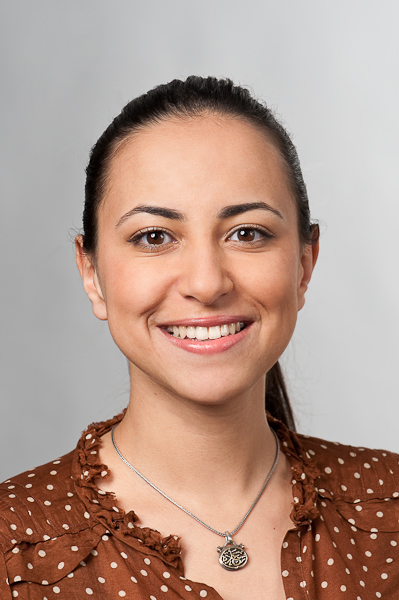Save the date 20-22 April 2018

Speaker Details
|
|
|
|
Biography |
|
|
 Yasmine Aguib holds a Masters and a Doctoral Degree in Molecular Medicine and Biotechnology from the Technische Universität München (Germany) and is heading the Life Sciences Department at the Aswan Heart Centre – Magdi Yacoub Foundation. She holds an Honorary Research Fellowship at the National Heart and Lung Institute, Imperial College London – UK, is Young Co-PI in the Fondation Leducq Transatlantic Networks of Excellence for ‘Redox Regulation of Cardiomyocyte Renewal’ and adjunct Professor at the American University in Cairo.
Dr. Aguib has received several awards, such as the DAAD Fellowship for Young Researchers, the Presidential Science & Engineering Research Fellowship and the Governor’s Award for Distinguished Research. She worked in the field of Protein Engineering, where she contributed to the design of bispecific antibodies for cancer therapy in collaboration with Pieris GmbH. Afterwards she focused on understanding molecular mechanisms of Proteinopathies and neurodegenerative diseases in frame of the Special National Research Program SFB 596 in collaboration with the LMU, Rocky Mountain Labs, Novartis, and the Mizushima Lab with a special focus on the role of Autophagy and related mechanisms.
In frame of the German Excellence Initiative she was appointed scientific consultant to the TUM president in the fields of life sciences and international strategic alliances where she contributed to the establishment of the TUM.Global Strategy and the EuroTech Universities Alliance. She is also a member of the Advisory Board Member of the Biology Department at the American University in Cairo.
In her role as a Deputy Director for Life Sciences Research at the AHC, she is contributing to the implementation and execution of AHC Research Strategy. Her research focusses on understanding the role of molecular determinants of Heart disease, its etiology and manifestation in the Egyptian and North African population and on contributing to the advancement of genomic CV medicine in Africa and globally.
Yasmine Aguib holds a Masters and a Doctoral Degree in Molecular Medicine and Biotechnology from the Technische Universität München (Germany) and is heading the Life Sciences Department at the Aswan Heart Centre – Magdi Yacoub Foundation. She holds an Honorary Research Fellowship at the National Heart and Lung Institute, Imperial College London – UK, is Young Co-PI in the Fondation Leducq Transatlantic Networks of Excellence for ‘Redox Regulation of Cardiomyocyte Renewal’ and adjunct Professor at the American University in Cairo.
Dr. Aguib has received several awards, such as the DAAD Fellowship for Young Researchers, the Presidential Science & Engineering Research Fellowship and the Governor’s Award for Distinguished Research. She worked in the field of Protein Engineering, where she contributed to the design of bispecific antibodies for cancer therapy in collaboration with Pieris GmbH. Afterwards she focused on understanding molecular mechanisms of Proteinopathies and neurodegenerative diseases in frame of the Special National Research Program SFB 596 in collaboration with the LMU, Rocky Mountain Labs, Novartis, and the Mizushima Lab with a special focus on the role of Autophagy and related mechanisms.
In frame of the German Excellence Initiative she was appointed scientific consultant to the TUM president in the fields of life sciences and international strategic alliances where she contributed to the establishment of the TUM.Global Strategy and the EuroTech Universities Alliance. She is also a member of the Advisory Board Member of the Biology Department at the American University in Cairo.
In her role as a Deputy Director for Life Sciences Research at the AHC, she is contributing to the implementation and execution of AHC Research Strategy. Her research focusses on understanding the role of molecular determinants of Heart disease, its etiology and manifestation in the Egyptian and North African population and on contributing to the advancement of genomic CV medicine in Africa and globally.
|
|
|
|
|
|
|
Abstract |
|
|
|
|
|
|
|
|
|
|
|